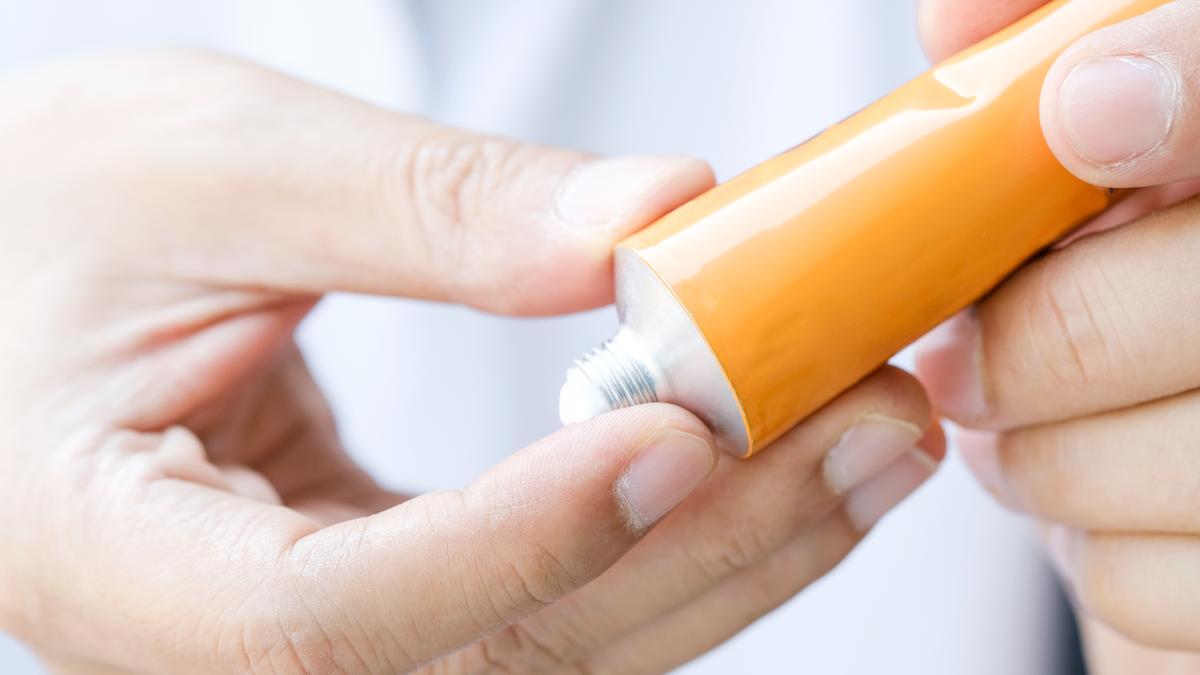Drug-resistant fungal infections are an increasing concern in the medical field. One significant example is the case study of jock itch, a common fungal infection that has begun to exhibit resistance to conventional treatments.
Overview of Jock Itch
Definition: Jock itch, medically known as tinea cruris, is a fungal infection that affects the groin area. It is caused by dermatophytes, a type of fungus that thrives in warm, moist environments.
Symptoms: Common symptoms include itching, redness, and a rash in the groin area. The infection can spread to the inner thighs and buttocks.
Rise in Drug-Resistant Cases
Background: Traditionally, jock itch has been treated with topical antifungal medications, such as clotrimazole or terbinafine. However, recent studies have shown an increase in cases where these treatments are ineffective.
Resistance Mechanism: The development of drug resistance in fungi can occur through several mechanisms, including genetic mutations that alter the target site of the antifungal drugs or enhance the fungal cell’s ability to pump out the drugs.
Impact: The emergence of drug-resistant strains can lead to prolonged infections, increased healthcare costs, and the need for alternative treatments.
Case Study Analysis
Case Description: A recent case study highlights a patient with a persistent jock itch infection that did not respond to standard antifungal treatments. The infection was eventually identified as a drug-resistant strain of dermatophytes.
Treatment Challenges: The patient required a combination of different antifungal medications and higher doses to manage the infection effectively.
Implications: This case underscores the need for continued research into alternative treatment options and the importance of monitoring fungal resistance patterns.
Prevention and Management
Preventive Measures: To reduce the risk of drug-resistant fungal infections, individuals should maintain good hygiene, keep the affected area dry, and avoid sharing personal items.
Management Strategies: Healthcare providers should consider susceptibility testing for recurrent or resistant infections and explore alternative therapies when necessary.
Multiple-Choice Questions (MCQs):
1. What is the primary cause of jock itch?
- A) Bacteria
- B) Viruses
- C) Dermatophytes
- D) Parasites
- Answer: C) Dermatophytes
2. What is a common symptom of jock itch?
- A) Fever
- B) Rash in the groin area
- C) Coughing
- D) Headache
- Answer: B) Rash in the groin area
3. What has contributed to the increase in drug-resistant jock itch cases?
- A) Decreased use of antifungal medications
- B) Genetic mutations in fungi
- C) Improved hygiene practices
- D) Shorter treatment durations
- Answer: B) Genetic mutations in fungi
4. What approach was necessary to manage the drug-resistant jock itch in the case study?
- A) Use of standard topical antifungals only
- B) Combination of different antifungal medications
- C) Use of antiviral drugs
- D) Surgical intervention
- Answer: B) Combination of different antifungal medications
